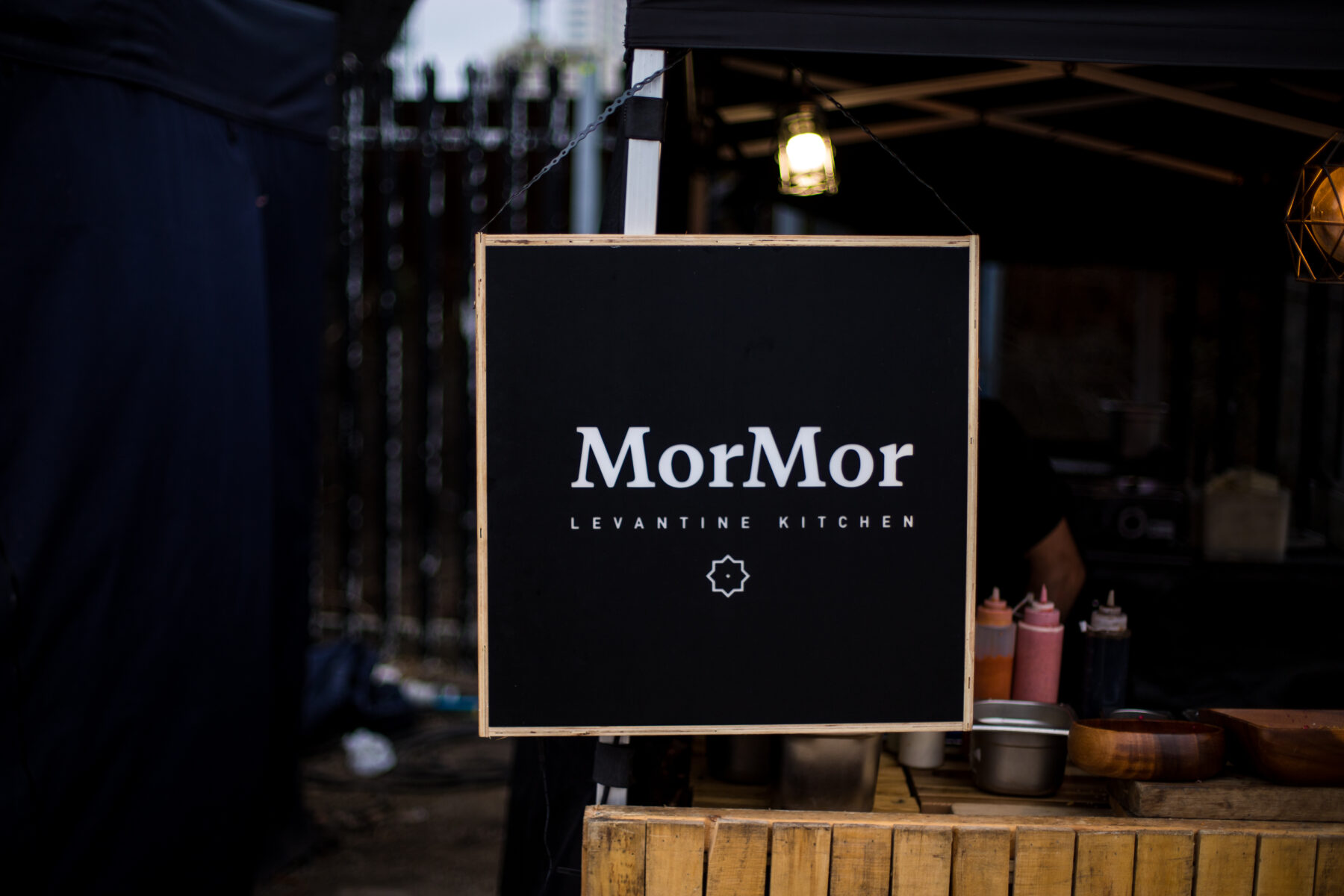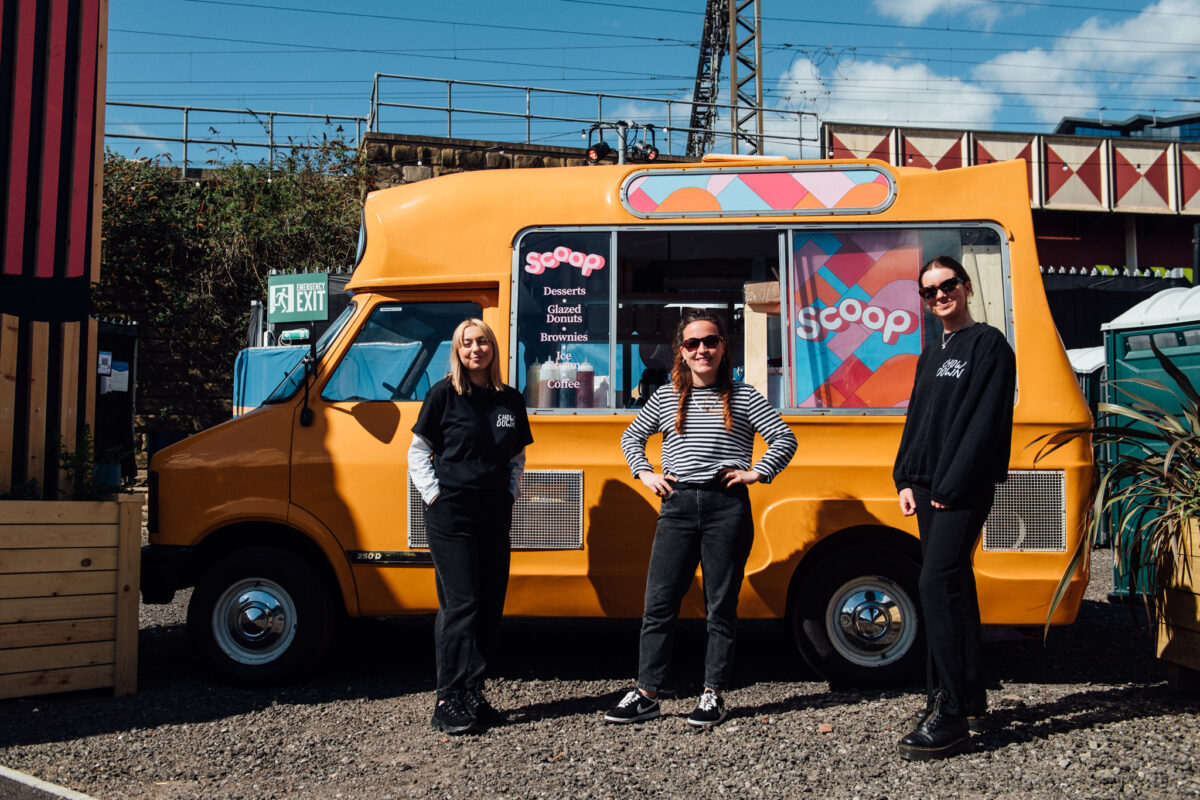May 4, 2021
How to launch a pop-up business: the 10 most important steps


Lots of really exciting small businesses have popped up over lockdown, with people on furlough and some with more time available to them. But what do you really need to know to launch a small business? We spoke to Mark Laurie from NCASS (the Nationwide Caterers Association) for a bit of on-the-ground know-how.
1. Register!
All food businesses must be registered with their local authority. You must register 28 days before you want to start trading. Any business that wants to sell, cook, store, handle, prepare or distribute food must register. You can’t be refused registration, and it’s free.
Visit food.gov.uk to register and find out more.
2. Inform HMRC that you’re self-employed
If you’re moving from employed to self-employed, you’ll also need to let HMRC know of this change, to tell them that you’ll be paying your taxes via self-assessment. THis is the case even if you remain in another, employed job at the same time.
Register at gov.uk now, and check whether you should be a limited company instead.
3. Get insured
You’ll need liability insurance, and you’ll need to risk-assess all aspects of your business – from food safety to fire to health & safety to COSHH to COVID. Check out this risk assessment guide for more info. Yourself and any staff should be trained to an appropriate level in food safety. In the UK, food handlers don’t have to have a food hygiene certificate to prepare or sell food, but make sure you are fulfilling all necessary food hygiene benchmarks set out by the FSA, as you will be visited by an inspector at some point once you start trading. Check whether you need insurance, and what type, here.
4. Know your legislation
A pop-up food business is still a proper food business. You must adhere to all relevant legislation, from food safety to health & safety to employment law. Have a good read of the FSA’s Setting up a food Business page to feel confident in these areas.
5. Talk to NCASS
Except for no.1 in our list, registration, an NCASS membership can help with the rest of the above. Get in touch with NCASS to find out if membership might be useful to you.
Find out more at ncass.org.uk.
 Simon Fogal
Simon Fogal
6. Write a business plan
If you need financial support from a bank, you’ll need a coherent financial plan for your pop-up. Check out gov.uk/write-business-plan for lots of advice on what should go into your business plan, and check out Startup Donut’s in-depth guide to writing your own.
7. Sort your finance options
Working out how much you need, how much you’ll spend and the revenue you expect can be forecasted in a good business plan, but then you need to know what financial help you might be able to ask for. Check out the ICAEW guide here which sets out the financial options available to SMEs, entrepreneurs and growing businesses.
8. Business Rates
Worrying about business rates is something a pop-up usually manages to avoid, but if you’re in a shop, office, pub, warehouse, factory or holiday home, business rates will be charged. Business rates will likely be charged if you’re using part of a building for non-domestic purposes, too. Business rates are automatically calculated and applied by your council, but you can estimate your own, and can appeal against them if you think they’ve been misvalued. Use this gov.uk page to estimate your business rates. Make sure you check whether you’re entitled to any small business rate relief, too (if you think your ‘rateable value’ is less than £15,000).
 Simon Fogal
Simon Fogal
9. Selling online
If you’re selling online, you’ll still need to register, and there are legal requirements for food sold online. Check out this comprehensive guide to distance selling from the FSA.
10. Running a business from home
Starting at home is a first step for many before undertaking a pop-up, or bricks and mortar premises. Be aware that you still have to comply with legislation (including registering, you may have to seek permissions from landlords or the council, you may need insurance etc) but also you may be able to claim some ‘allowable expenses’ against your tax bill (for example to cover lighting, internet, council tax, and heating whilst you’re working).


